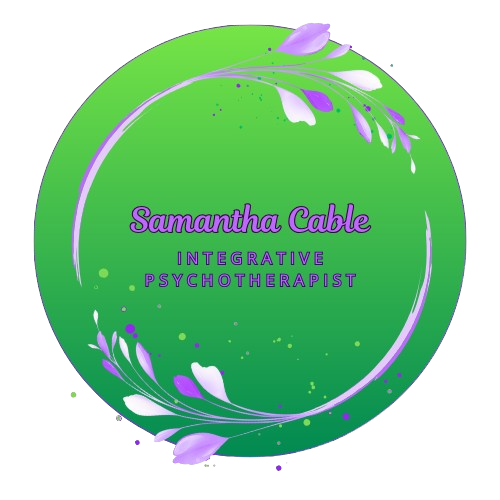
In the fast-paced world we live in, it’s easy to get caught up in goals. Goals are clear, measurable, and often come with a sense of accomplishment when checked off. But as a psychotherapist, I often hear a common theme from clients: “I achieved what I set out to do, but I still don’t feel fulfilled.” This brings us to a deeper exploration—what if the key to meaningful change isn’t just about achieving goals but about aligning with your values?
Let’s dive into the difference between being goal-focused and value-focused, and how this distinction can guide a more integrative approach to personal growth.
What Does It Mean to Be Goal-Focused?
Being goal-focused means setting specific objectives you want to achieve. These might include:
- Losing 20 pounds.
- Getting a promotion.
- Running a marathon.
Goals give us direction, motivation, and a way to measure progress. They’re powerful tools when we want to get something done. However, goals often focus on outcomes rather than the journey or the meaning behind them.
For instance, someone might set a goal to lose weight but become so consumed with the number on the scale that they lose sight of why they started in the first place. Is it about health? Confidence? Being able to play with their kids? Without connecting the goal to something deeper, the process can feel hollow or even self-defeating.
What Does It Mean to Be Value-Focused?
Values, on the other hand, are about who you want to be and what matters most to you. They’re guiding principles rather than end points. Examples of values might include:
- Health and vitality.
- Integrity.
- Connection with loved ones.
When we’re value-focused, we prioritize aligning our actions with what feels meaningful and authentic. Values provide a compass that can guide decisions and behaviors, even when external circumstances change.
For example, if someone values connection, they might prioritize spending quality time with their family, even if it means saying no to a lucrative work opportunity.
The Problem with Being Only Goal-Focused
While goals are useful, they can sometimes lead to:
- Burnout: Constantly chasing outcomes without pause can be exhausting.
- Disconnection: Focusing on “what” instead of “why” can make the process feel meaningless.
- Rigidity: Life is unpredictable. If a goal becomes unattainable, it’s easy to feel like a failure.
An integrative therapy approach helps people explore the why behind their goals and how those goals align with their values.
Integrating Goals and Values
The most fulfilling approach often lies in combining goals and values. Goals give us direction, while values provide the meaning behind them. Here’s how you can integrate the two:
1. Start with Values: Ask yourself, What truly matters to me? For example, if you value personal growth, your goal might be to learn a new skill rather than aiming for perfection.
2. Set Flexible Goals: Create goals that align with your values but remain adaptable. For instance, if your value is health, your goal might shift from running a marathon to developing a consistent exercise routine.
3. Revisit and Reflect: Regularly check in with both your goals and values. Are they still aligned? Have your priorities shifted? This ensures your efforts remain meaningful.
The Benefits of a Value-Focused Life
Living in alignment with your values fosters:
- Resilience: Values remain constant even when circumstances change.
- Fulfillment: Actions feel meaningful and satisfying.
- Authenticity: Life feels true to who you are.
A Therapy Perspective
From an integrative therapy lens, helping clients navigate this balance involves exploring their inner world—identifying core values, challenging rigid or external expectations, and finding ways to live authentically.
For example, a client struggling with work-life balance might be encouraged to clarify their values (e.g., family, creativity) and create goals that honor those values, such as setting boundaries at work or scheduling regular creative time.
To Conclude
Being goal-focused isn’t inherently bad—it’s often necessary for short-term achievements. However, when we ignore the deeper “why” of our actions, we risk feeling empty or disconnected. By grounding our goals in values, we create a sense of purpose that sustains us long after the initial excitement of achievement has faded.
If you’re feeling stuck or unfulfilled, consider shifting the focus. What are your goals, and do they align with your values? This small change in perspective can make all the difference in living a life that feels truly meaningful.
References
- Hayes, S. C., Strosahl, K. D., & Wilson, K. G. (2016). Acceptance and Commitment Therapy: The Process and Practice of Mindful Change.
- Ryan, R. M., & Deci, E. L. (2000). Self-determination theory and the facilitation of intrinsic motivation, social development, and well-being. American Psychologist, 55(1), 68–78.
- Brown, B. (2010). The Gifts of Imperfection: Let Go of Who You Think You’re Supposed to Be and Embrace Who You Are.
